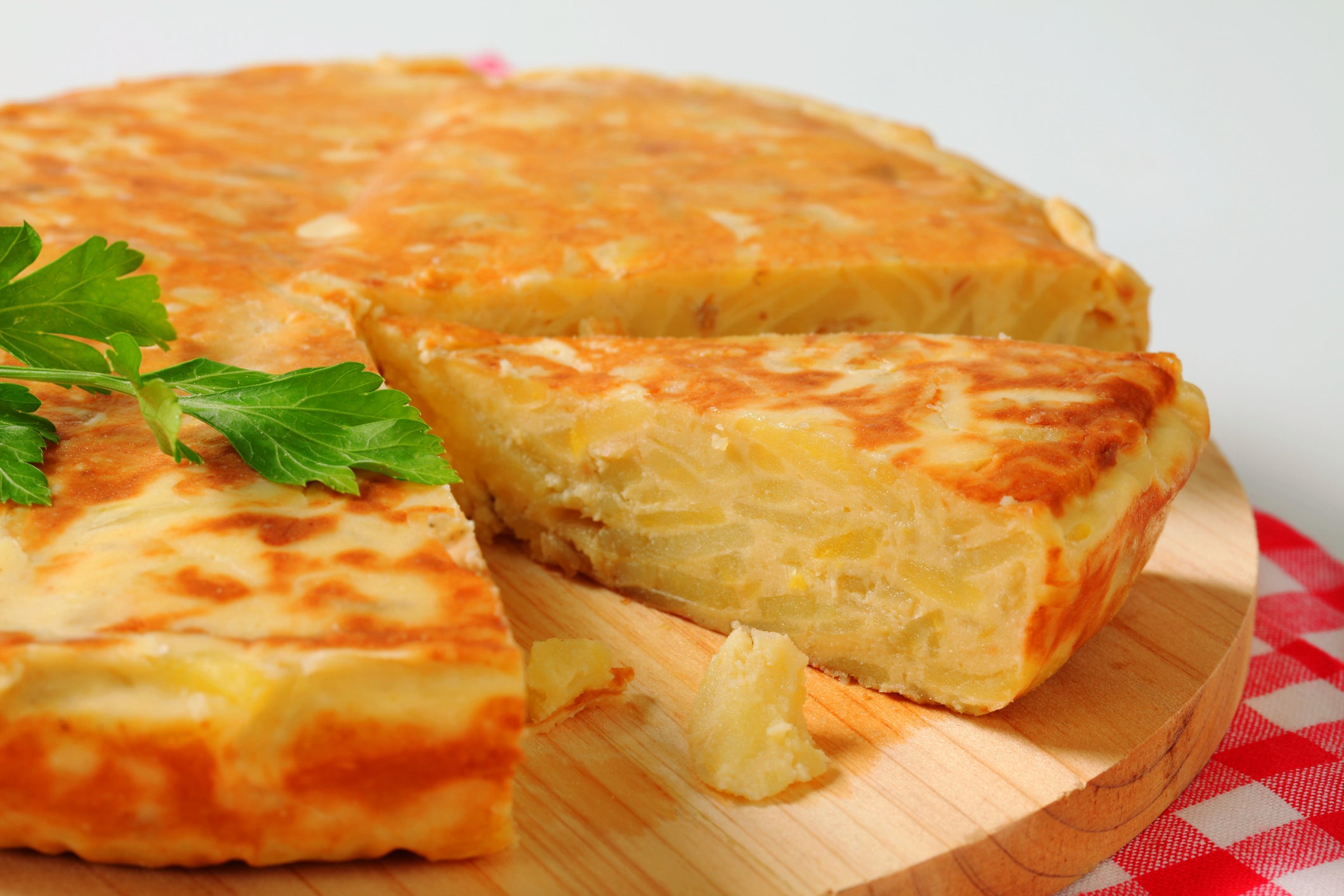Shrove Tuesday: What foods do people eat around the world to celebrate?
It's not just about pancakes - here are some of the different foods people eat around the world in honour of Shrove Tuesday
Your support helps us to tell the story
From reproductive rights to climate change to Big Tech, The Independent is on the ground when the story is developing. Whether it's investigating the financials of Elon Musk's pro-Trump PAC or producing our latest documentary, 'The A Word', which shines a light on the American women fighting for reproductive rights, we know how important it is to parse out the facts from the messaging.
At such a critical moment in US history, we need reporters on the ground. Your donation allows us to keep sending journalists to speak to both sides of the story.
The Independent is trusted by Americans across the entire political spectrum. And unlike many other quality news outlets, we choose not to lock Americans out of our reporting and analysis with paywalls. We believe quality journalism should be available to everyone, paid for by those who can afford it.
Your support makes all the difference.On Tuesday 13 February, Christians and non-Christians across the UK will tuck into platefuls of pancakes and take part in a whole host of pancake-related activities and competitions.
For centuries, the consumption of pancakes has widely been regarded a popular way to celebrate Shrove Tuesday, which takes place the day before Ash Wednesday in preparation for Lent.
However, the day is celebrated in a variety of ways around the world with many different foods.
Pennsylvania: Fastnachts
They might sound strange and other-worldly, but fastnachts are in fact very similar to doughnuts.
The sweet treat will be sold around the state on Shrove Tuesday - in honour of the Dutch Pennsylvanian community from where they originate - in various forms, including glazed, cinnamon sugar and powdered sugar.
The idea is that those taking part in Lent, which sees people give up a "luxury" for 40 days, will be able to indulge in some sweet, sugary goodness beforehand.
Sweden: Semla
A semla is a cream-filled bun that is consumed all year round in Sweden and the rest of Scandinavia, but is traditionally eaten in the country on Shrove Tuesday.
They are often covered in powdered sugar and cinnamon and sometimes contain almond paste in addition to the cream.
Estonia: Split pea soup

Dubbed Vastlapäev, Shrove Tuesday in Estonia is unique in that it’s celebrated with a savoury dish as opposed to a sweet one, as is customary in the UK and the US.
Instead of pancakes or doughnuts, Estonians will eat split pea soup, which traditionally contains dried yellow peas, pearly barley and pork belly. They also eat semla.
Madeira: Malasadas
In Madeira, Portugal, people celebrate the day preceding Lent by cooking and eating malasadas, a sweet dough and sugar-based treat that is similar to a doughnut.
Similar to the reasons behind why British people eat pancakes, the idea is that making malasadas on Shrove Tuesday gives people the opportunity to use up all of the indulgent ingredients they won’t be allowed to eat during the 40-day Lent period.
Spain: Omelettes

The equivalent to Shrove Tuesday in Spain is Jueves Lardero, which translates directly to “fat Thursday”.
The day marks the beginning of a week-long carnival preceding Lent and in some regions, it’s become known as El Día de la Tortilla. As the name – which translates to “the day of the tortilla” – would suggest, the celebratory dish of choice for El Día de la Tortilla is Spanish omelette, a national speciality that usually contains egg, potato and onion.

Join our commenting forum
Join thought-provoking conversations, follow other Independent readers and see their replies
Comments